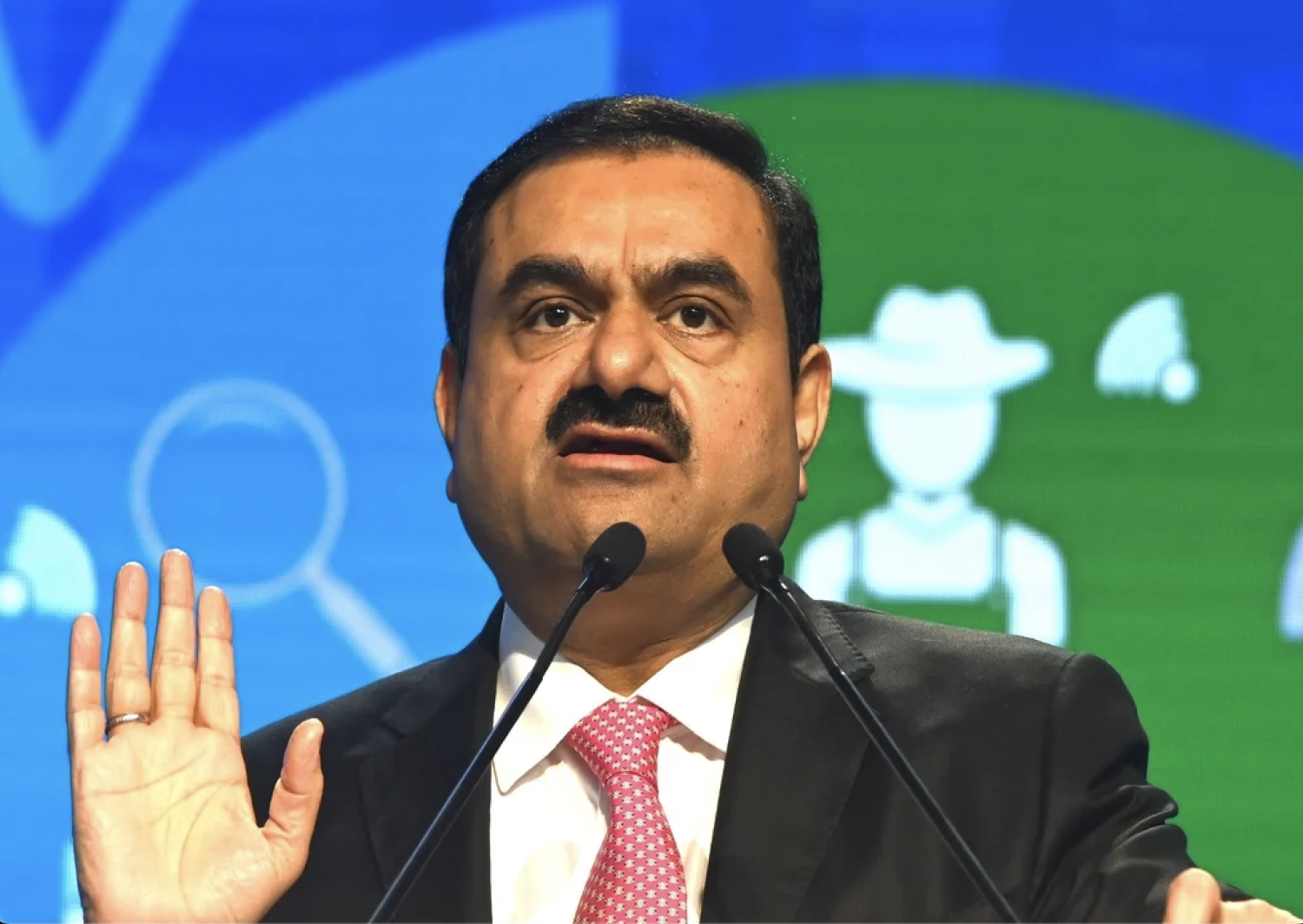
(Photo : Creative Commons)
Gautam Adani
- Fitch has placed certain Adani Group bonds under negative watch following U.S. bribery allegations.
- S&P Global has also put several Adani subsidiaries on a downgrade warning due to the charges.
- The Adani Group, including billionaire founder Gautam Adani, is accused of a $265-million scheme to bribe Indian officials for power supply deals.
- The charges have already impacted the group's financial standing, with TotalEnergies halting contributions to its Adani investments.
The Indian conglomerate, Adani Group, is currently under the microscope as Fitch, a globally recognized ratings agency, has placed certain bonds of the group under negative watch. This development comes in the aftermath of U.S. authorities indicting key executives of the group on charges of bribery.
The bonds that are now under scrutiny belong to Adani Energy Solutions Ltd, Adani Electricity Mumbai, and some of Adani Ports and Special Economic Zone. These rupee and dollar bonds are now on watch negative, indicating a heightened probability of a rating downgrade.
In addition to this, ratings on four Adani subsidiary senior unsecured dollar bonds have been downgraded from stable to negative. Fitch has stated that it will closely monitor the U.S. investigation for any potential impact on Adani's financial position.
The agency will be looking for any material deterioration in near- to medium-term funding access, including their ability to roll over existing credit lines or access new facilities, as well as potentially higher credit spreads.
US Indictments Trigger Global Concern
This development is not isolated. S&P Global, another rating agency, has put Adani Ports, Adani Green Energy, and Adani Electricity on a downgrade warning due to the U.S. indictments. This indicates a growing concern among global financial institutions about the potential fallout of the bribery charges.
The charges in question are serious. U.S. prosecutors have accused billionaire Gautam Adani, the founder of the group, his nephew Sagar Adani, and six others of their alleged roles in a $265-million scheme to bribe Indian officials to secure power supply deals. These bribes were allegedly paid to win contracts expected to yield $2 billion of profit over 20 years and develop India's largest solar power plant.
The Adani Group has vehemently denied these accusations, dismissing them as baseless. The group has also denied the charges made by the U.S. Securities and Exchange Commission in a parallel civil case, stating that it would seek all possible legal recourse.
Adani Group Faces Financial Repercussions
The impact of these charges is already being felt. French oil major TotalEnergies has announced that it would halt financial contributions to its Adani Group investments following the indictment. Furthermore, prices on some of the more liquid Adani Ports and Special Economic Zone debt maturing between 2027 and 2041 were up between half a cent and 1.5 cents on the dollar. They have fallen about 8 cents to 12 cents since news of the indictment.
The ESG ratings provider Morningstar Sustainalytics has also stated that it would review Adani Green Energy's ESG risks. Hortense Bioy, its head of sustainable investing research, said in an email, No business, green or brown, can represent a good investment opportunity without robust governance policies and practices.
This incident is reminiscent of the Volkswagen emissions scandal of 2015, where the German automaker was found to have installed software in its diesel vehicles to cheat on emissions tests. The scandal led to a significant drop in Volkswagen's share price and cost the company billions in fines and settlements.









